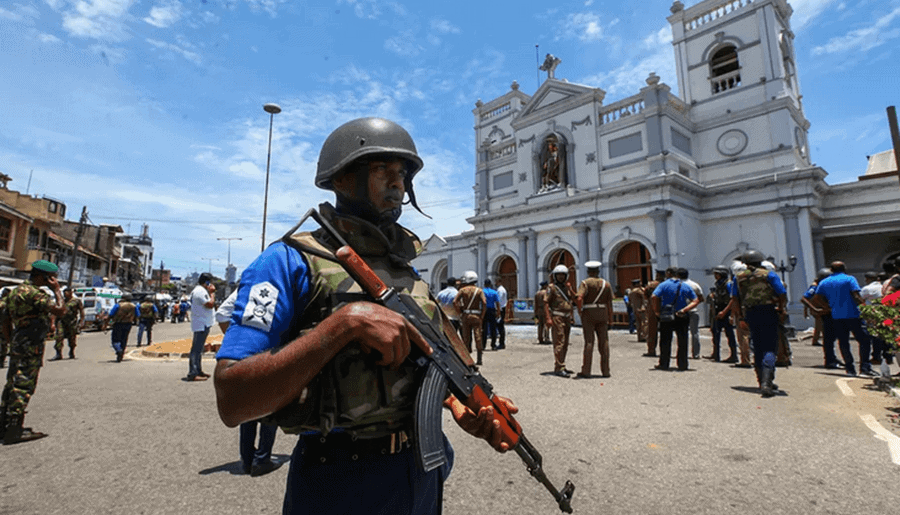A coordinated series of attacks on churches and hotels in Sri Lanka resulted in the death of more than 200 people and injuries at least to 450. 
In response to the attack, the Sri Lankan government restricted access to various Social Media, such as Facebook, Whatsapp and Youtube, according to local media and the website Netblocks.
Confirmed: Facebook, WhatsApp, Instagram, YouTube, Viber, Snapchat and Messenger blocked in #SriLanka following series of deadly church and hotel attacks; incident ongoing #EasterSundayAttacksLK #KeepItOn (I.e.https://t.co/xp4hSxvFOi pic.twitter.com/dcQ6COsWKB
- NetBlocks (@netblocks) April 21, 2019
Local media reported that the government has blocked Facebook, Facebook Messenger, Instagram, WhatsApp, Viber and YouTube, while the authorities have also banned circulation in the country.
Presidential adviser Harindra Dassanayake told The New York Times that "it was a unilateral decision" and came as there were concerns that the attacks would cause waves of widespread misinformations, hate speech and violence. It is currently unknown when the ban will end.
The move is not unprecedented in the country, which last year was experiencing misinformation on Facebook, and temporarily banned the connection to Social Media.
Remember that Facebook and other social network platforms have been used in recent years to spread misinformation, something that company has admitted and is trying to limit. Countries like India proposed new regulations to force companies to do more to combat the problem.
______________
- Facebook to hunt fake news about Europe
- United Kingdom: Facebook is digital gangsters
- Facebook: what is the BOLO list and who it is
- Facebook prohibits data collection from third party websites





